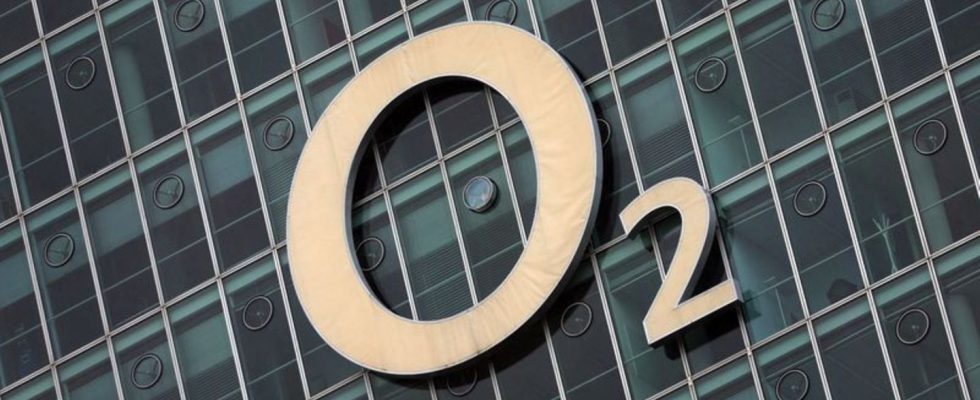Quarterly figures
Telefónica wants to take over its German subsidiary completely
Mobile communications are O2’s core business, the landline network plays more of a secondary role – here the company does not rely on its own lines, but has rented capacity from other companies. photo
© Karl-Josef Hildenbrand/dpa
O2 is now the first mobile phone network operator in Germany to present quarterly figures. But they are pushed into the background because of an announcement from the Spanish mother.
The Spanish telecommunications group Telefónica wants its under the brand name Completely take over O2’s well-known German subsidiary. On Tuesday, the company surprisingly announced a purchase offer that would concern up to 28.19 percent of the share capital.
Telefónica currently holds 71.81 percent of the shares. They want to concentrate on their core markets, where Germany represents one of the “most attractive and stable telecommunications markets in Europe”. Telefónica Deutschland is one of the three mobile phone network operators in this country, the major competitors are Deutsche Telekom and Vodafone.
As Telefónica Deutschland announced, the company’s board of directors and supervisory board are examining the offer documents and will then comment. The company has around 7,500 full-time positions, and in addition to the headquarters in Munich, the former E-Plus headquarters in Düsseldorf is a large company location. Germany boss Markus Haas viewed the Spanish mother’s plan as a “strong commitment”.
Mobile phone service business as a growth driver
The German subsidiary presented quarterly figures on Tuesday that were positive. In the third quarter, after deducting cancellations, the company gained around 400,000 mobile customers, around a third more than in the second quarter (around 300,000). It was the best value since the end of 2021. According to the information, sales rose by 2.2 percent to 2.1 billion euros in the third quarter, with the mobile phone service business being the growth driver. The result for the period – i.e. the net profit – increased by six percent to 41 million euros.
The competition has not yet published any figures for the past quarter; in the period before that there was a neck-and-neck race between Telekom and O2. Vodafone, on the other hand, had lost significant ground.
Mobile communications are O2’s core business, the landline network plays more of a secondary role – here the company does not rely on its own lines, but has rented capacity from other companies. One reason for the increasing number of customers was probably a better price-performance ratio than a few years ago. At that time, the O2 network coverage was nowhere near as good as that of the competition. However, O2 largely made up for this shortfall with high investments. Company boss Markus Haas was satisfied: “After a strong third quarter, we are fully on track to achieve our goals for the 2023 financial year.”
Dark cloud on the horizon
Looking ahead, however, there is a dark cloud on O2’s horizon. Until now, the company has received part of its sales from its competitor 1&1, whose cell phone customers primarily use the O2 network. In the summer or fall of 2024, 1&1 will gradually change gears and instead rely on a collaboration with Vodafone. As a result, O2 will gradually receive fewer rental payments from 1&1. According to analyst estimates, O2 has so far received around 500 million euros per year from its Montabaur-based competitor.
When 1&1 and Vodafone announced their merger in August, Telefónica Deutschland’s share price collapsed. The Spanish takeover offer – the plan is to pay a good third more than the average price of previous months – would almost completely compensate for the losses suffered since the beginning of August. According to its own statements, the bidder does not want to conclude a control or profit transfer agreement.

